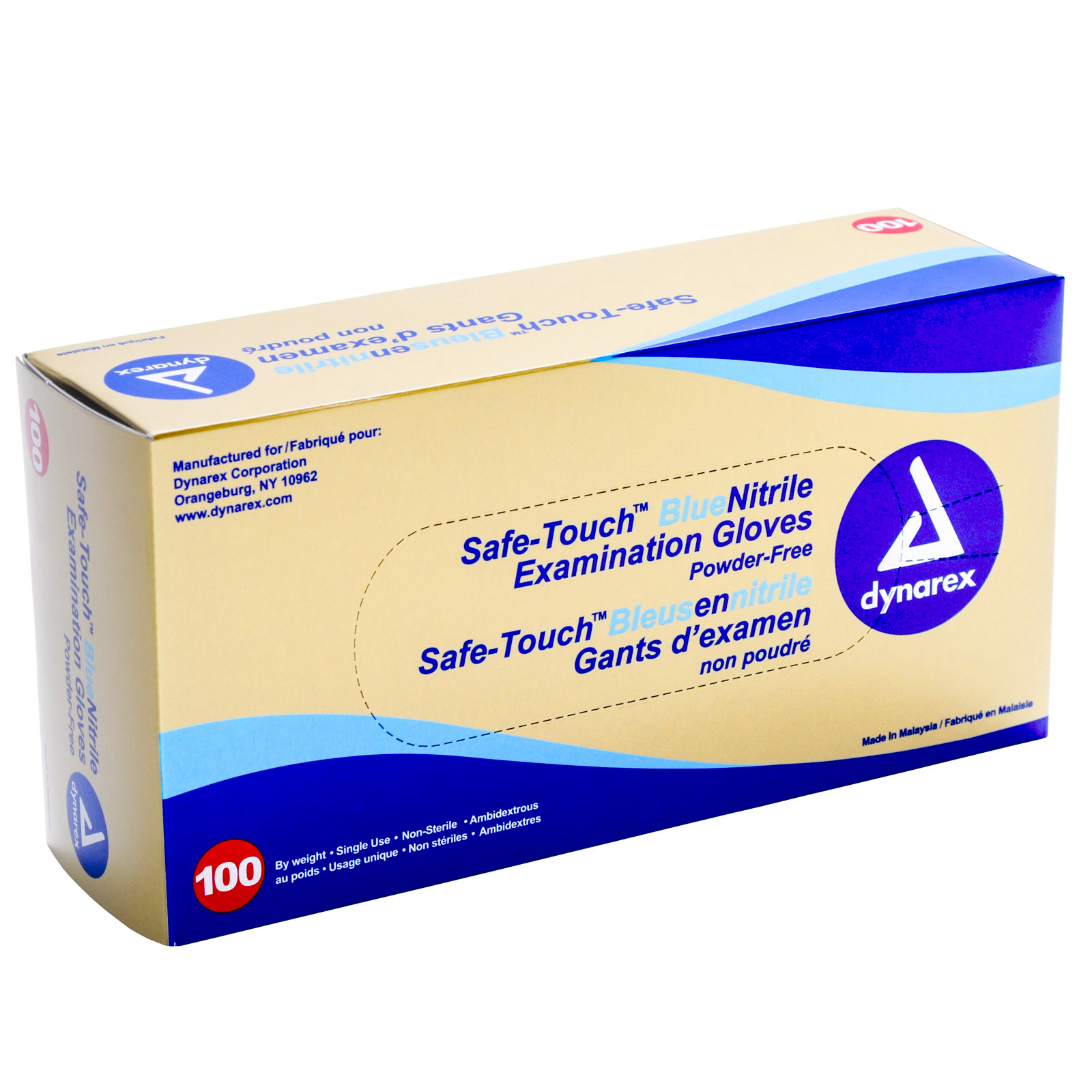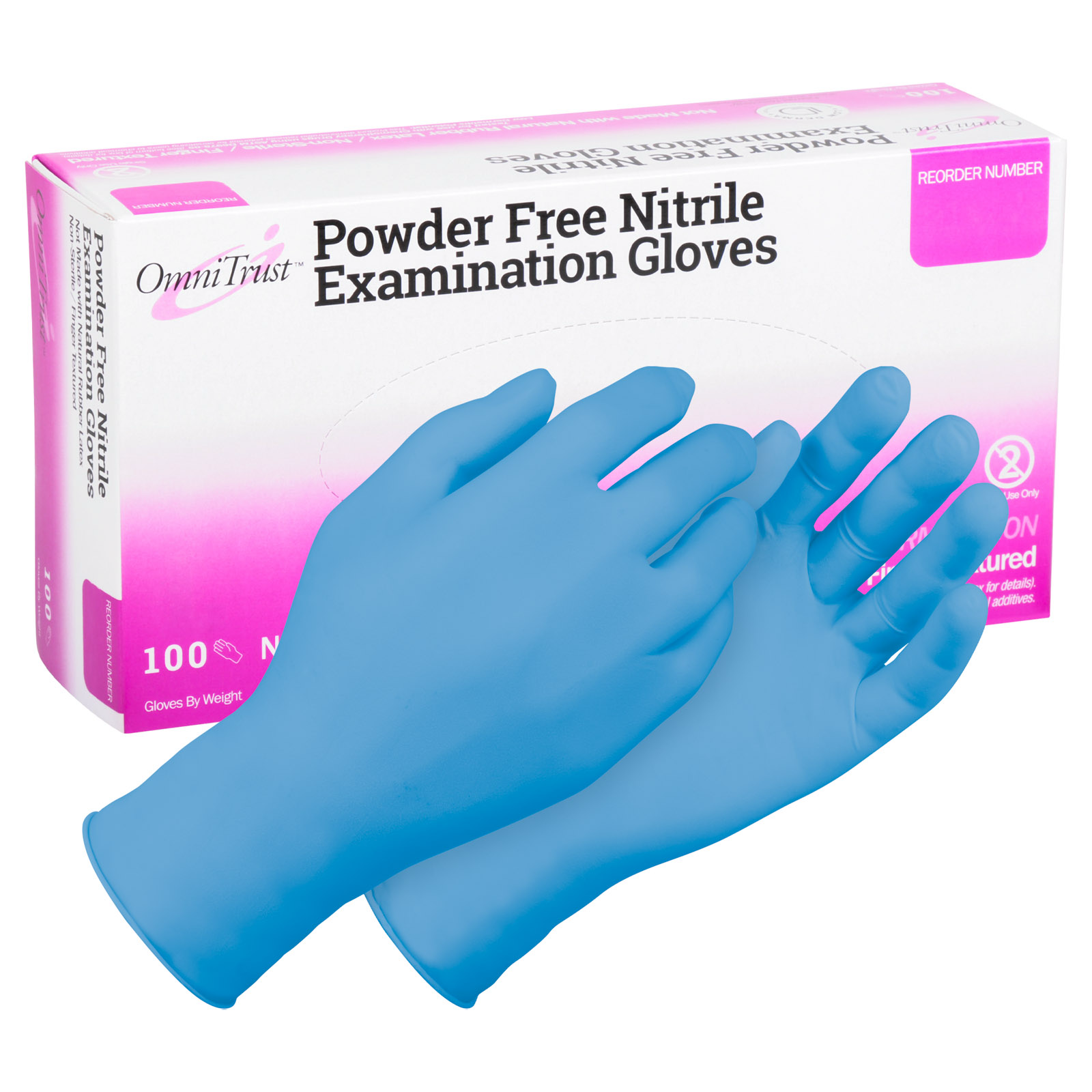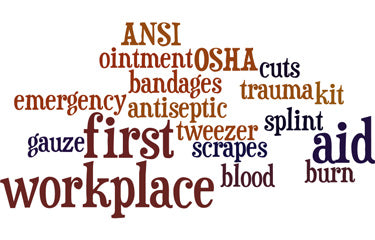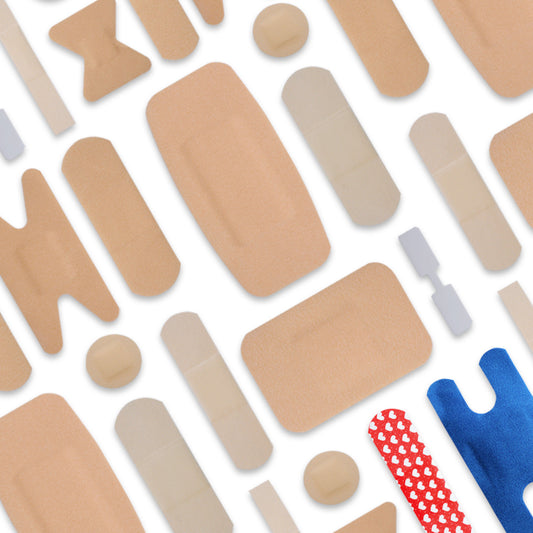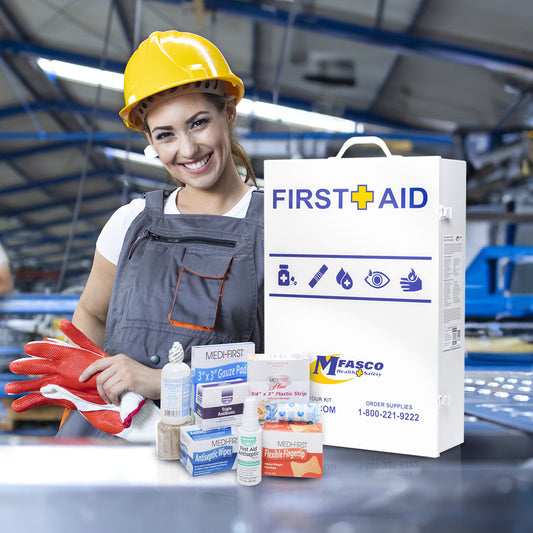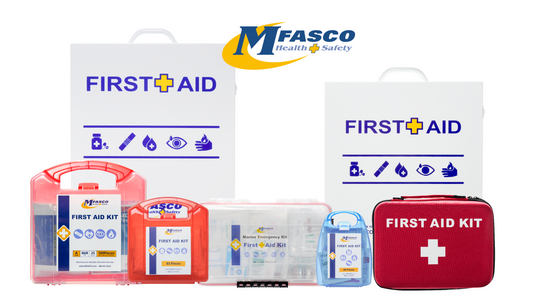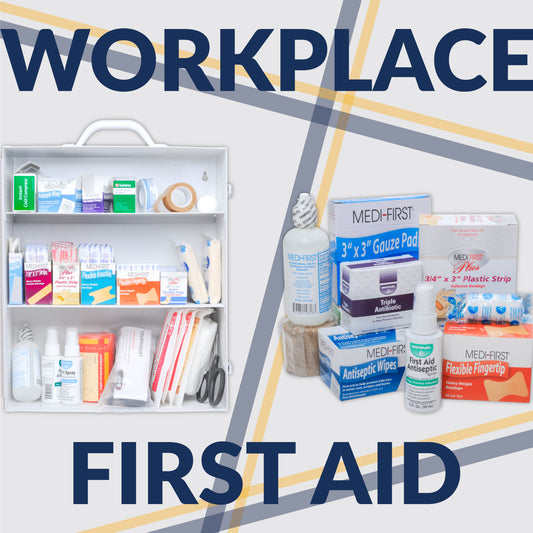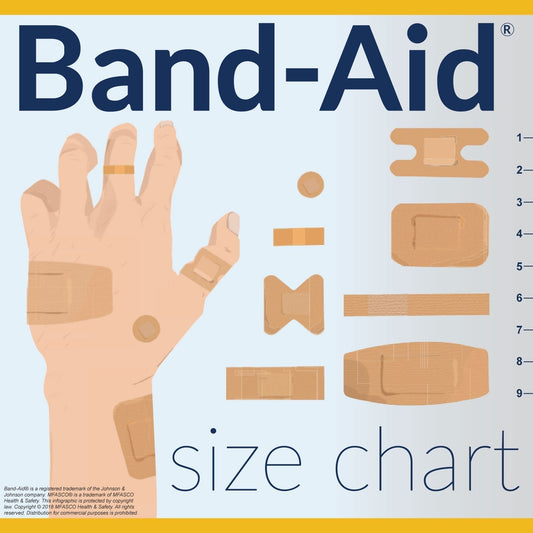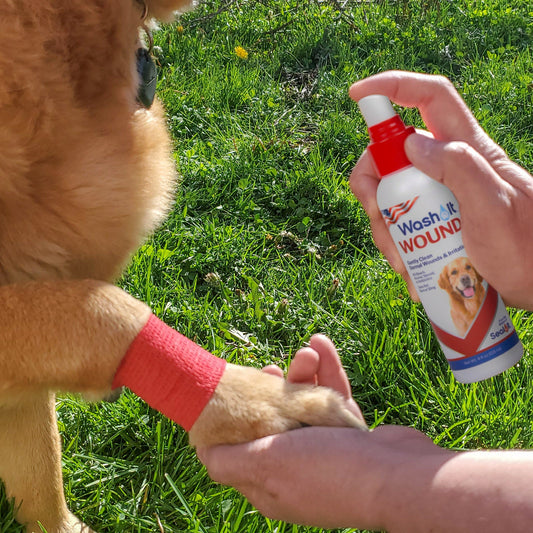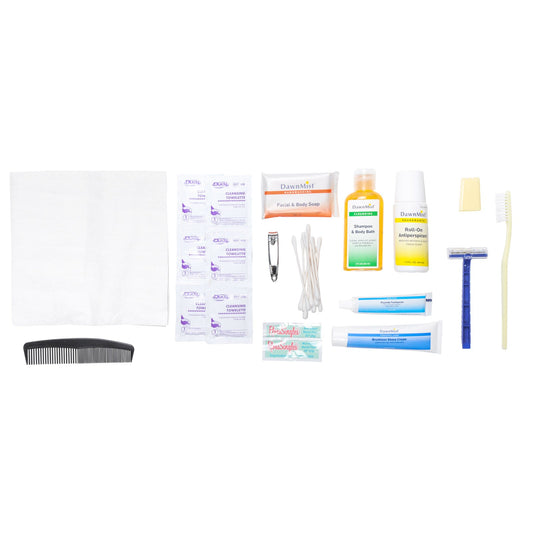A Basic Guide to Exam Gloves

Micro-thin gloves used in the healthcare industry help protect workers from the potentially infectious bodily fluids they encounter while on the job. These revolutionary exam gloves are made of different materials including natural latex, petroleum-based nitrile, and vinyl. The general industry has taken advantage of the dexterity and protection these gloves can provide workers from common hazards the worker is exposed to. With the evolution of new materials like nitrile, these gloves can now be used in settings that have oils and other general solvents without falling apart. Let's take a brief look at the pros and cons of each type of exam glove material so you can determine what the right glove is for your needs.
Latex Gloves
Latex gloves are what healthcare has been using for years. Made from natural latex rubber trees, products including gloves, condoms, and even clothing, this material has many benefits including:
- Superior protection from Bloodborne Pathogens
- Flexible to contour to the skin
- Close snug fit to the skin
- Low cost very comfortable
While more latex gloves are being produced than vinyl or nitrile, this is quickly changing. Allergies to latex have caused significant demands for other materials including nitrile and vinyl. OSHA has recommended only wearing latex gloves in situations that require protection from Bloodborne Pathogens and other infectious agents.
Vinyl Gloves
Vinyl gloves, manufactured of virgin PVC resins, have been used in the food industry for years. In recent years, improvements have been made to the materials, and elastic properties are being introduced to offer a better slightly more elastic fit than in the past. That being said, vinyl gloves are a great option for latex-sensitive users and are widely accepted in both general and healthcare industries. As far as chemical resistance, vinyl gloves are generally more resistant than latex but not nearly as resistant as nitrile. Vinyl gloves are usually less expensive than nitrile and in some cases even latex. Vinyl Glove benefits include:
- Lower cost
- Latex-free
- More durable than latex
- Generally accepted in healthcare and general industry
Nitrile Gloves
Nitrile gloves are made from a synthetic material and are ideal for people who have latex allergies. They are chemical resistant and more durable than either latex or vinyl gloves. While they are not as flexible as latex, nitric gloves have improved over the years. Usually costing more, nitrile is still considered the premium option for general industrial practices. While not used as often in the healthcare industry, acceptability is on the rise. Nitrile gloves have been shown effective against chemotherapy drugs and other harsh chemicals. Some emergency agencies are requesting nitric gloves because of these benefits:
- Strength and chemical resistant
- Easy putting on and off
- Non-latex
Choosing the right examination glove for your application should be simple once you understand the strengths and limitations of each of the materials mentioned above. One subject we didn't discuss in this article is thickness, sterility, or design differences. Thicker gloves generally mean more protection. Our article did not clarify these points so we could focus strictly on the materials. When deciding what gloves to use, always consider the level of protection you need and consult a healthcare or safety professional when there is any question about health and safety factors.
Workplace Safety Products & Accessories
Medical Glove Products
Work Glove Products
Safety Equipment Products
Additional Resources for Workplace Safety Kits & Supplies
A Guide to Workplace Hand Protection
Skin & Hand Protection Basics
A Basic Guide to Exam Gloves
Contributing Expert

Mike Brinker
Mike Brinker has been working in the first aid industry for over 35 years. He has worked with thousands of businesses,groups, and organizations to provide a healthy and safe work environment. Mike helped create “Make-A-Kit”, the internet's only online first aid kit creation tool. He has also authored many helpful first-aid and safety-related resource articles found at the MFASCO Learning Center.

